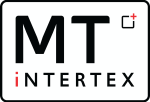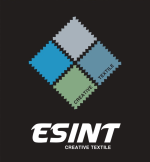Textil Accessories
Testing areas
Associates to textiles
With textiles, it is not only important to assess the quality of the main material. Quantitatively smaller components such as zips or buttons should also meet the highest requirements and are subject to strict legal and commercial regulations. We test all possible accessories of textiles for you, no matter how insignificant they may seem.
-
Buttons
-
Zips
-
Labels
-
Tags
-
Cords and ribbons
-
Rivets
Testing examples
-
Zip strengths
-
Opening forces of press studs
-
Chromium VI content
-
Extractable heavy metals
-
Corrosion
Selected Services
Discover some of our key testing solutions related to this department. Contact us for a full list of services or to discuss your specific testing needs.
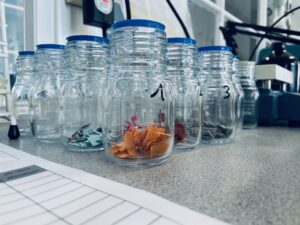
Amines from azo dyestuffs
MAK amines, azo dyes according to LFGB DIN EN ISO 14362-1 and DIN EN ISO 14362-3 define procedures to test for azo dyes that can
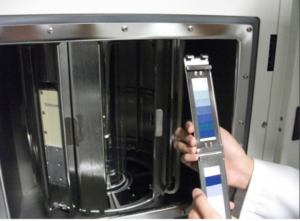
Lightfastness
DIN EN ISO 105-B02, Textiles – Tests for colour fastness – Part B02: Colour fastness to artificial light: Xenon arc light, method 3, exposure level
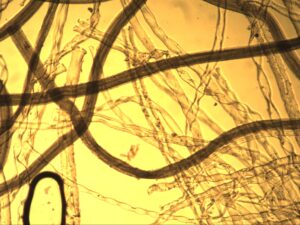
Fiber analysis – qualitative
DIN CEN ISO / TR 11827 describes a set of methods for determining the quality of fiber types. These include microscopic procedures and chemical processes

Chlorobenzenes and chlorotoluenes (carriers)
Carrier (organochlorine carrier) DIN 54232 specifies a method for determining the content of chlorobenzenes and chlorotoluenes in textiles. After extraction with a chlorinated organic solvent
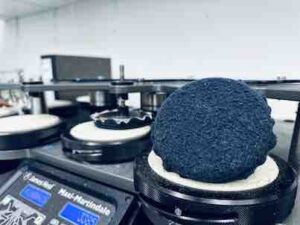
Pilling – Martindale method
Our laboratory offers the DIN EN ISO 12945-2 modified Martindale method to determine the pilling tendency of textile fabrics. This method involves assessing the formation
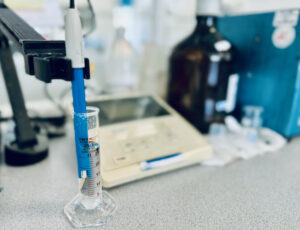
pH value determination
pH-value of aqueous extract DIN EN ISO 3071 specifies a method for determining the pH value of textiles. A defined amount of the textile is
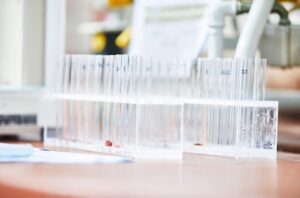
Formaldehyde determination
Formaldehyde: quantitative determination of free formaldehyde (SOP 4193) DIN EN ISO 14184-1 specifies a method by which free formaldehyde is extracted with water from textiles

Tensile strength testing with the Grab Test
Grab Test, a method used to determine the tear strength and elongation of textile fabrics. This test measures the maximum force required to tear a

Seam shift resistance with fixed seam opening
DIN EN ISO 13936-1, Textiles – Determination of sliding resistance of yarns in fabric seams – Part 1: Method with specified seam opening The method













